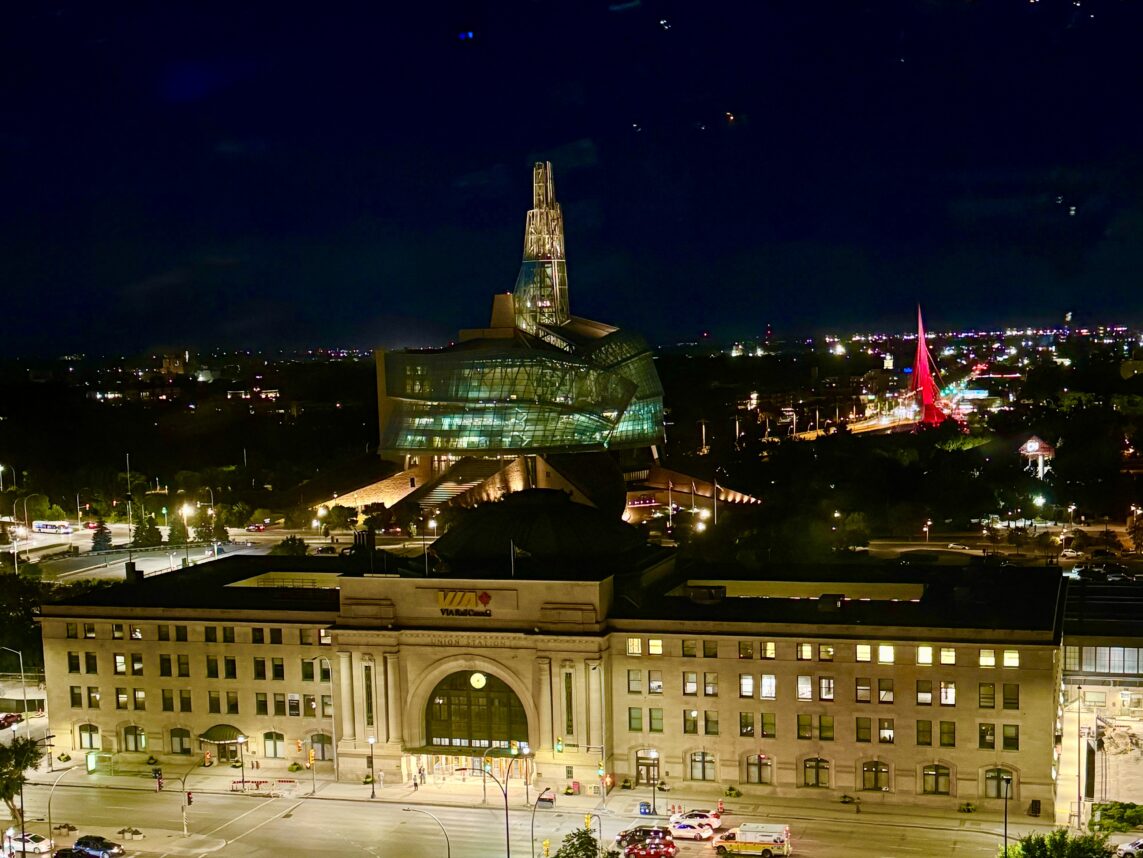This is the second of two articles examining the status of Holocaust restitution and reparations as The Journal observes the 64th anniversary of Kristallnacht (Nov. 9). The first article dealt with the history, problems and future impact of the topic. This article deals with how the process works out on the ground, as seen through the work of Bet Tzedek Legal Services, and is followed by a concise rundown of present claims, funds and contacts.
Felicia Grunfeder, a disabled child survivor of the Warsaw Ghetto, brought her problem to Bet Tzedek, literally the House of Justice, which provides free legal assistance to anyone in need.
After the German government began sending the Los Angeles resident a modest monthly reparation payment, the U.S. Social Security Administration notified her that the new “income” made her ineligible to continue receiving her small disability check. Bet Tzedek attorneys filed a suit on her behalf and for three years lost in court after court. Finally, the 9th U.S. Circuit Court of Appeals reversed the lower courts decision and ruled that Holocaust reparations did not count as income in determining a survivor’s eligibility for federal and state assistance programs.
That was 18 years ago, but David A. Lash, Bet Tzedek’s executive director, still counts the Grunfeder case as the single most important legal victory for needy Holocaust survivors in any American court.
Most of the 800 or so Holocaust-related cases Bet Tzedek handles each year are less dramatic or far-reaching, but the work by staff and volunteer attorneys in guiding survivors through the thicket of restitution funds and regulations becomes ever more urgent with the passage of time.
“Survivors are dying every day and there is little time left to allow them to spend their last years with some measure of dignity. Any delay spells tragedy,” said Lash, 46, who has headed the agency since 1994.
Bet Tzedek was founded in 1974 by a group of lawyers, law students and rabbis seeking to turn the biblical injunction, “Justice, justice you shall pursue,” into a working reality.
The second day after Bet Tzedek’s opening there were long lines of people waiting outside. Today, its work continues as the only community-supported free legal assistance organization in the United States, if not the world.
While many Los Angeles residents come in for face-to-face consultations, inquiries by phone or mail arrive from across the United States and Canada.
The first Bet Tzedek contact for most survivors is Holocaust Services Advocate Michael Freeman, who says that while deadlines for some restitution programs have passed, new ones are opening.
The most frustrating part of their job, said some Bet Tzedek staffers, is to tell aged survivors to wait, and wait some more, while their claims, especially insurance claims, go through lengthy bureaucratic and legal processes.
“The waiting can be gut-wrenching,” Lash agreed, but he has the warmest praise for the U.S. legal system as “the greatest tool the voiceless can have.”
While survivor cases are among the most urgent and emotional, they represent only about 10 percent of the workload of Bet Tzedek’s 54 paid employees, including 24 full-time attorneys. In addition, there are some 500 volunteers, of whom 400 are attorneys, and the others interviewers, paralegals and law students.
The bulk of Bet Tzedek’s cases, mostly involving the poor and elderly, deal with consumer fraud, nursing home care, slum housing, wrongful evictions, scams, and low-paid workers deprived of their due wages.
At its main office on Fairfax Avenue and a branch office in North Hollywood, about one-third of Bet Tzedek’s 10,000 contacts per year are Jewish, including many recent Russian immigrants, while the other two- thirds represent a spectrum of ethnic and religious groups, including many Latinos.
“The Jewish community of Los Angeles can be very proud for supporting such a unique organization,” said Lash, who also notes his office’s close cooperation with Jewish Family Service, another beneficiary agency of The Federation. Lash’s two predecessors, Terry Friedman and Michael Feuer, went into politics, but Lash asserts firmly that he has no political ambitions.
Operating on an annual budget of $4.75 million, Bet Tzedek receives financial support through federal, state and municipal programs, in addition to The Federation, as well as from the legal profession. However, 60 percent of its operating budget is raised through private donations, including two major fundraisers each year.
Persons with Holocaust-related claims or questions can phone Bet Tzedek at(323) 939-0506, or e-mail Freeman at























 More news and opinions than at a Shabbat dinner, right in your inbox.
More news and opinions than at a Shabbat dinner, right in your inbox.